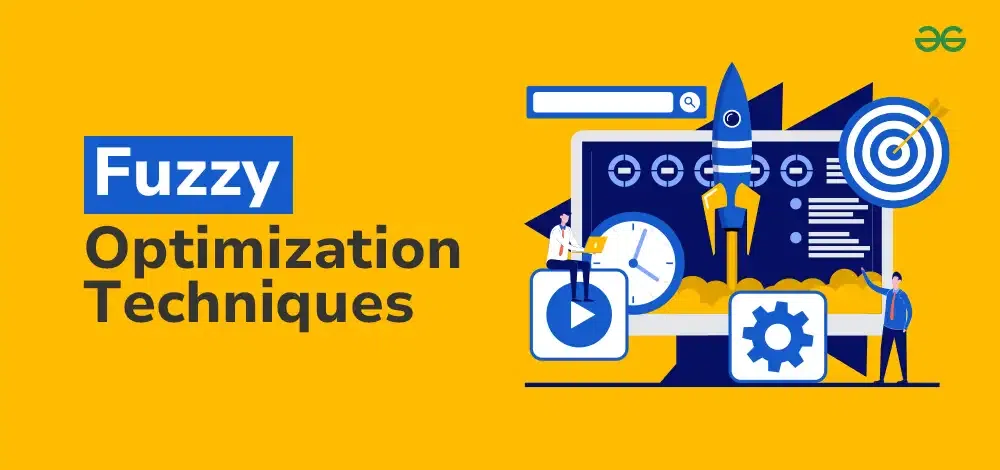
|
|
Fuzzy optimization techniques have been useful in the field of optimization, where decision-making processes are often complicated and tainted by uncertainty. These methods tackle vagueness and ambiguity by utilizing fuzzy logic concepts, which makes them applicable to a variety of fields like economics, engineering, healthcare, and environmental management. Optimization techniques are crucial for enhancing performance and efficiency across various industries. Among these techniques, Fuzzy Logic offers a robust approach by handling uncertainties and impreciseness typical in real-world scenarios.  Fuzzy Optimization Techniques This article explores the foundations, techniques, and wide range of fuzzy optimization applications. Overview of Optimization TechniquesOptimization is the mathematical discipline focused on finding the best solution from a set of feasible solutions. Techniques vary from simple linear programming to complex evolutionary algorithms, each suitable for different types of problems. Introduction to Fuzzy LogicFuzzy Logic extends classical logic to handle the concept of partial truth. It’s used where binary distinctions (true/false) are insufficient, providing a way to reason with uncertainty. Significance of Fuzzy Optimization in Various IndustriesFuzzy optimization plays a pivotal role in industries where decision-making involves ambiguity and uncertainty, such as manufacturing, logistics, and finance. It helps in making more flexible and realistic decisions. Fundamentals of Fuzzy OptimizationFuzzy optimization is a technique that incorporates fuzzy set theory with conventional optimization techniques. Fuzzy set theory, first introduced by Lotfi Zadeh in 1965, enables the representation of imprecise and uncertain data. Fuzzy sets allow for partial membership, defined by a membership function ranging from 0 to 1, in contrast to classical sets, where elements have binary membership (belonging to a set or not). Fuzzy logic is used to model uncertain parameters, objectives, and constraints in the context of optimization. Because of this flexibility, decision-makers can include subjective preferences and expert knowledge in the optimization process, resulting in more realistic and situation-specific solutions. Types of Fuzzy Optimization Problems
Methodologies in Fuzzy OptimizationIn the field of fuzzy optimization, there are several approaches, each designed to handle particular kinds of issues and uncertainties:
Applications of Fuzzy OptimizationFuzzy optimization techniques are widely used in a variety of sectors due to their adaptability.
ConclusionThe utilization of fuzzy optimization approaches provides a strong foundation for addressing intricate decision-making issues that are marked by imprecision and uncertainty. The integration of fuzzy logic with conventional optimization approaches yields adaptable and pragmatic solutions for an extensive array of applications. It is impossible to overestimate the role fuzzy optimization plays in providing flexible and workable solutions as the globe struggles to solve ever-more complicated problems. |
Reffered: https://www.geeksforgeeks.org
| AI ML DS |
Type: | Geek |
Category: | Coding |
Sub Category: | Tutorial |
Uploaded by: | Admin |
Views: | 20 |